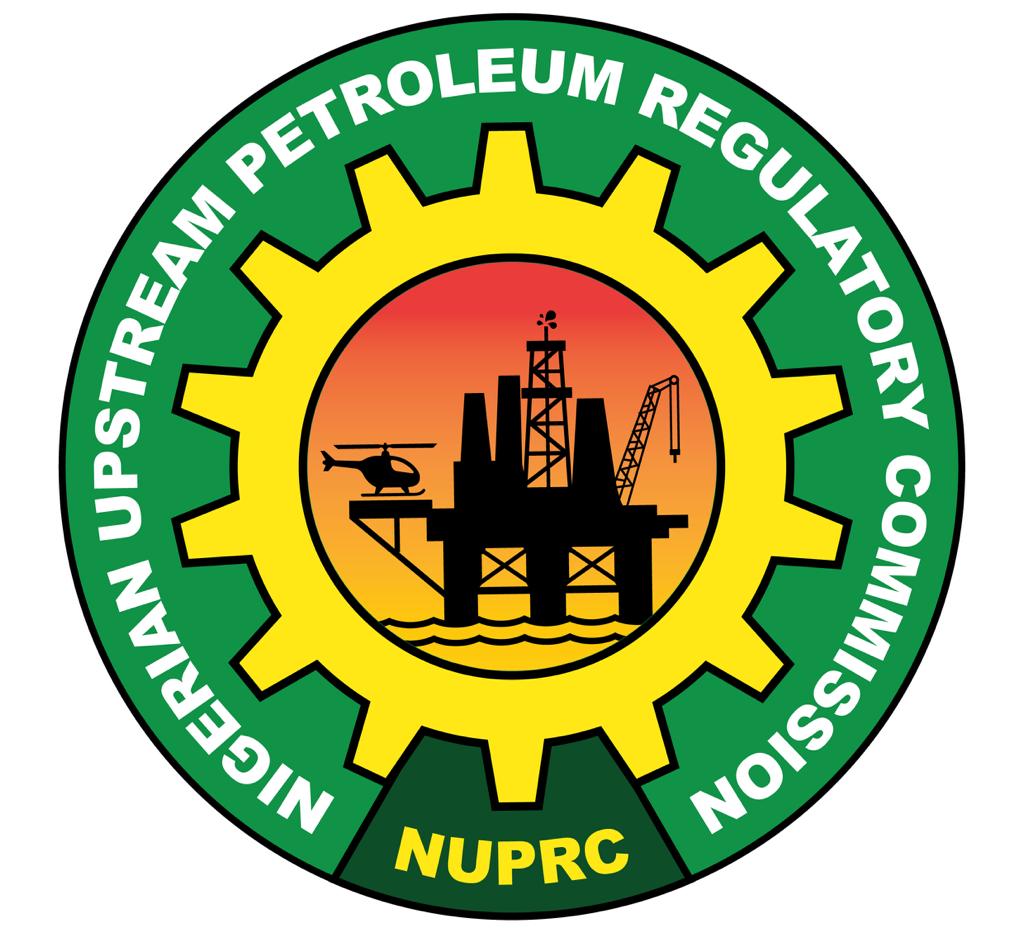589
Daniel Adaji
The Nigerian Upstream Petroleum Regulatory Commission (NUPRC) has declared that the 2024 oil block licensing round was free of corruption, owing to a fully digitized and transparent process.
“For the first time in Nigeria’s 70-year oil exploration history, the bidding process was open, technology-driven, and devoid of any human interference,” the Commission stated in an official release on Sunday.
“Assertions of corrupt practices and insinuations of monetary exchanges reflect a lack of understanding,” it stated.
The NUPRC emphasised that the licensing round followed strict compliance with the Petroleum Industry Act (PIA) and the Commission’s bid guidelines.
It notes that the process, which included prequalification, technical evaluation, and commercial bid assessment, ensured a fair and competitive environment.
Applicants were required to meet tough standards, including a minimum of three to five years’ experience in oil operations, financial capacity of up to $200m turnover or a $50m bank guarantee, and full legal and tax compliance.
NUPRC added that the registration phase ran from May 13 to July 5, 2024. Only technically qualified bidders were allowed to advance to the commercial bidding stage.
According to the Commission, the use of Special Purpose Vehicles (SPVs) in the process was subject to scrutiny based on the credentials of their parent companies or sponsors.
The commercial bid phase adopted a computer-based, encrypted, point-based system. Scores were calculated automatically, and winners were announced live in the presence of government bodies such as the Nigerian Extractive Industry Transparency Initiative, the Federal Ministry of Finance, and the Ministry of Petroleum Resources.
“The digital framework made manipulation impossible. Bids were opened and assessed instantly in full public view. There was no room for inducements or undue influence,” NUPRC said.
Winning bidders are expected to meet financial obligations such as the signature bonus within a set timeline or risk disqualification. In such cases, the reserve bidder will be invited.
The Commission reiterated that the digitized approach was designed to eliminate corruption and build investor confidence.
“We are setting a new standard for transparency and regulatory compliance in Nigeria’s oil and gas sector,” it said.



